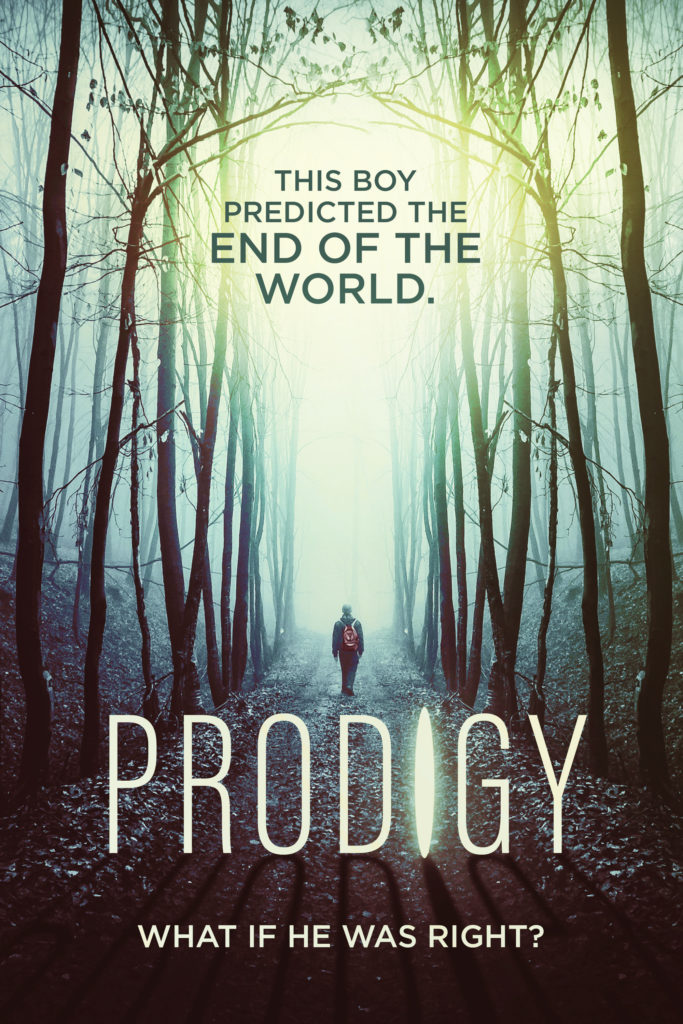Prodigy Review (2018)

by Luce Allan
The apocalypse brings an estranged father and son together in Prodigy (2018), a sci-fi thriller that follows a troubled man named Erik (Cory Kays) as he suffers through the supernatural calamities that have recently plagued Earth—and were predicted by his gifted son, Caleb (Embry Johnson), whom he has not seen in years. After being taken by the government, Caleb reaches out to his father for help in escaping them and traveling to the location where he will receive the spiritual guidance needed to make his last prediction about the end of the world. As Erik reconnects with his son during their journey, he slowly realizes that Caleb is the key to humanity’s survival in the face of otherworldly catastrophe.
Prodigy benefits from a strong foundation in terms of the primary cast, pacing, and visuals. Cory Kays and Embry Johnson deliver realistic and moving performances as a father and son who attempt to build a connection that has been shattered through both natural and supernatural events. Cory Kays skillfully handles the sardonic and guarded nature of his character, and slowly dissolves this cynicism throughout the film in a way that feels believable. Embry Johnson enhances his character by lifting Caleb from the standard depiction of a supernaturally-gifted child; while most films solely illustrate this type of character as someone detached from youthful energy and from the world in general, Johnson offers glimpses of genuine teenage angst that ground Caleb on a more three-dimensional plane. The pacing, for the most part, is quick without feeling too rushed; even though the emotional backbone of the film is introduced almost immediately, it feels natural and authentic in its execution. The visuals are crisp and vibrant, with a series of beautiful shots embedded within the film like gemstones.
The main flaw in Prodigy, however, is its gradual loss of nuance and subtlety in terms of its message as the film goes on. Although the exploration of a religious or Christian apocalypse has the potential to be intriguing and filled with depth, the characters and storyline become increasingly preachy and self-righteous to the point that, during some of the later scenes in the movie, the action and character development in the plot are halted for extended scenes that clumsily underline the morals of the story and, in essence, “talk down” to the audience. The characters who refuse to believe in the spiritual qualities of Caleb’s predictions are depicted as either villainous or ignorant, and are only redeemed by acquiescence to the single definition of morality that is shown in this film. This black-and-white feeling lacks the kindness that the protagonists attempt to exude—especially in terms of Erik’s struggles with grief-fueled alcoholism and isolation, which is met by Caleb’s followers with stark judgment rather than compassion.
Overall, Prodigy is a solid thriller, even with its flaws.


